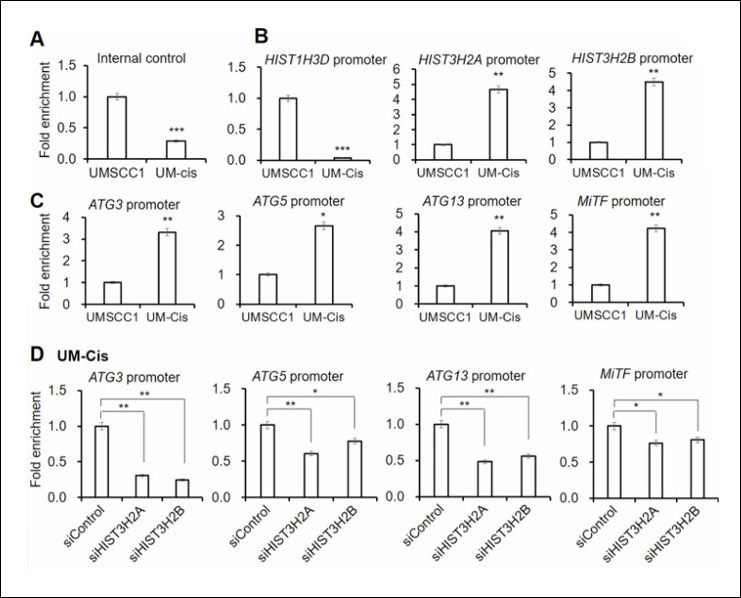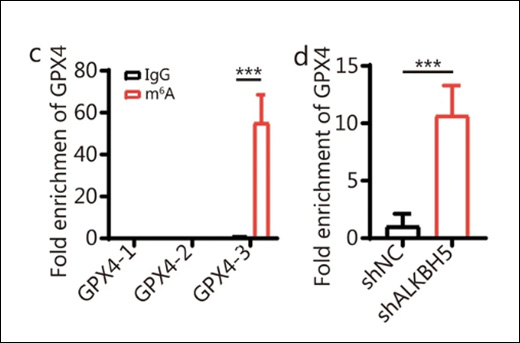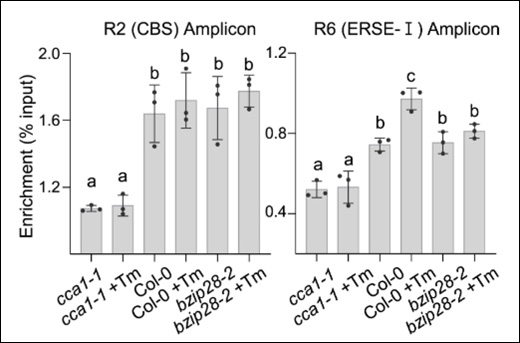Putting the Methyl in Methylation
DNA Methyltransferase, or DNMT, is an enzyme involved in adding methyl groups to DNA, a process known as DNA methylation. DNA methylation occurs by covalent addition of a methyl group at the 5-carbon of the cytosine ring, resulting in 5-methylcytosine (5-mC). DNMTs play a crucial role in regulating gene expression, maintaining genome stability, and influencing various cellular processes such as development, differentiation, and response to environmental factors. In humans, there are several types of DNMTs, including:
- DNMT1: Primarily involved in maintaining DNA methylation patterns during DNA replication, ensuring that the patterns are passed on to daughter cells.
- DNMT3A and DNMT3B: These are responsible for de novo DNA methylation, which establishes new methylation patterns during development or in response to environmental signals.
- DNMT3L: Acts as a regulatory protein that can influence the activity of DNMT3A and DNMT3B.
When Methylation Goes Unchecked
Disruptions in DNA methylation patterns can lead to aberrant gene expression, contributing to a slew of health issues. Abnormal DNA methylation has been identified in many different diseases, particularly cancer. Transcriptional silencing of tumor suppressor genes via promoter region hypermethylation is known to occur during oncogenesis, while hypomethylation and enhanced expression of proto-oncogenes are also observed. Thus, these epigenetic alterations can serve as valuable biomarkers for disease diagnosis, prognosis, and prediction of response to therapy.
The identification and development of drugs that modulate DNA methylation patterns offer promising opportunities for therapeutic interventions in diverse diseases. One notable approach involves the use of DNMT inhibitors (DNMTis), which can reactivate silenced genes and restore natural cellular functions. These inhibitors have exhibited promising results in clinical trials for hematological malignancies and hold potential for other ailments as well. Currently marketed DNMTis include Dacogen (decitabine) and Vidaza (azacytidine) for treating myelodysplastic syndrome.

Monitoring Methyl Marks
Fast and high-throughput means of measuring the activity and screening the inhibition of DNMTs would undoubtedly facilitate the development of this class of epigenetic drugs. However, conventional DNMT activity/inhibition assays face several challenges. Most notably, they are time-consuming, labor-intensive, have low throughput, and/or produce radioactive waste.
Radiolabeled Methylation Assays: These assays use radiolabeled S-adenosylmethionine (AdoMet) as a methyl donor to track DNMT activity. Upon transference of the labeled methyl moiety to a DNA substrate, the radioactivity can be conveniently detected either by a scintillation counter or by means of an autoradiograph. Unfortunately, the involvement of radioactive agents, which require careful handling and disposal, is the biggest drawback limiting these assays.
Chromatography and Mass Spectrometry: These offer non-radioactive alternatives to DNMT activity measurement by precisely separating, detecting, and differentiating individual nucleotides, including methylated cytosine residues. However, these techniques require expensive instruments and involve complicated protocols with multiple steps that can take a significant amount of time.
Your All-In-One Solution for DNMT Activity/Inhibition Assessment
Enzyme-linked immunosorbent assays are a rapid and convenient way to assess DNMT activity and inhibition without the need for radioactivity or any special equipment. EpigenTek’s EpiQuik™ DNMT Activity/Inhibition ELISA Easy Kit is a complete set of optimized buffers and reagents that allows for easy and fast measurement of DNMT activity or inhibition using nuclear extracts or purified enzymes from a broad range of species. This ready-to-use kit comes with all the essential reagents needed to carry out a successful DNMT activity/inhibition experiment, including a universal DNA substrate and AdoMet for methylation, as well as highly specific antibodies for direct capture and detection of the DNMT activity end-product 5-mC. The strip-well microplate format provides flexibility for either manual or high-throughput processing, which is ideal for your DNMT inhibitor screening needs.




 Cart (0)
Cart (0)













